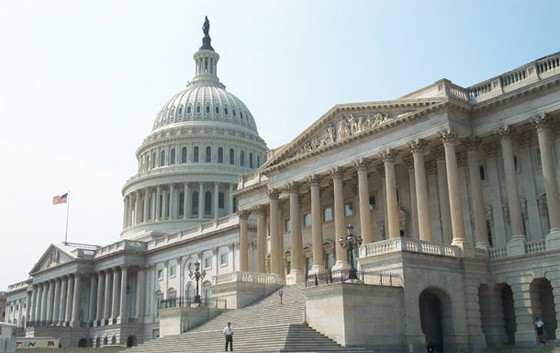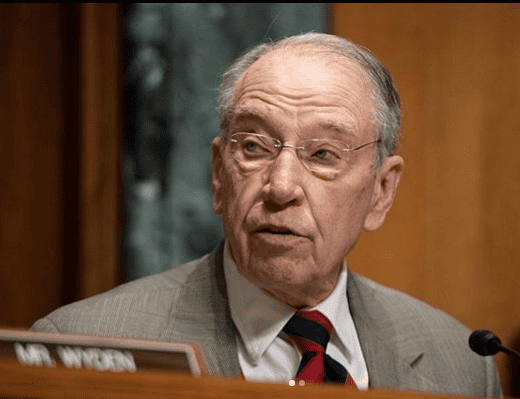
Long-awaited Senate Finance Committee proposals to tackle high drug prices through Medicare and Medicaid have been slammed by the trade organisation representing pharma companies.
The bipartisan effort – announced earlier this week – would set a ceiling on drug price increases, introduce a cap on out-of-pocket expenses for patients, and introduce changes to the prescription drug benefit that could save $85bn over the next decade, according to its backers.
Not so, says industry association PhRMA, which says the measures are “harmful” and would “siphon more than $150bn from researching and developing new medicines.”

Republican Senator Chuck Grassley (pictured) and Democrat Ron Wyden are determined to tackle drug prices
The bill – backed by Republican Senator Chuck Grassley and Democrat Ron Wyden and called the Prescription Drug Pricing Reduction Act – was backed by the Committee with a 19-9 vote yesterday, and so will be debated in the Senate in the autumn after the summer recess.
It would cap what people on Medicare pay for drugs at $3,100 a year starting in 2022, and would also force drugmakers to give rebates to Medicare if they increase their prices above inflation. Other measures are also included, including an increase in the maximum rebate allowed under Medicaid, and forcing pharmacy benefit managers (PBMs) to disclose information on the discounts they are negotiating
“The cost of many prescription drugs is too high,” said Grassley and Wyden in a joint statement. “Without action, we’re on an unsustainable path for taxpayers, seniors and all Americans. A working class family shouldn’t have to pick between making their rent or mortgage payment and being able to afford their kids’ medications.”
President Trump – who has medicine pricing in his sights recently indicated he was preparing an executive order to introduce price cuts for drugs sold to Medicare and Medicaid – has said he will try to build support for the bill. Meanwhile, House of Representatives Speaker Nancy Pelosi has said a bill on pricing will be tabled in September.
PhRMA said in a statement that the measures would save money for “ the government, insurers and PBMS, instead of using those savings to lower costs for seniors at the pharmacy counter.”
The out-of-pocket cap will only benefit 2% of Medicare patient, claims PhRMA, and the proposals will not ensure discounts negotiated in the Medicare prescription drug programme are passed along to patients.
Replacing the market-based structure of Medicare Part D with Medicaid-style price controls will also result in money going to the Federal treasury instead of seniors, it asserts.
Speaking on Bristol-Myers Squibb’s results call yesterday, chief executive Giovanni Caforio said that while the situation in the US is “fluid”, there are worrying signs that the Senate approach is “very punitive…for the industry, and particularly for companies that are focused on innovation, don’t really benefit many patients…and don’t address some of the misaligned incentives in the system.”
Caforio said part of the rationale of buying Celgene was “to have a broader and more diversified portfolio that goes across multiple types of reimbursement.”




